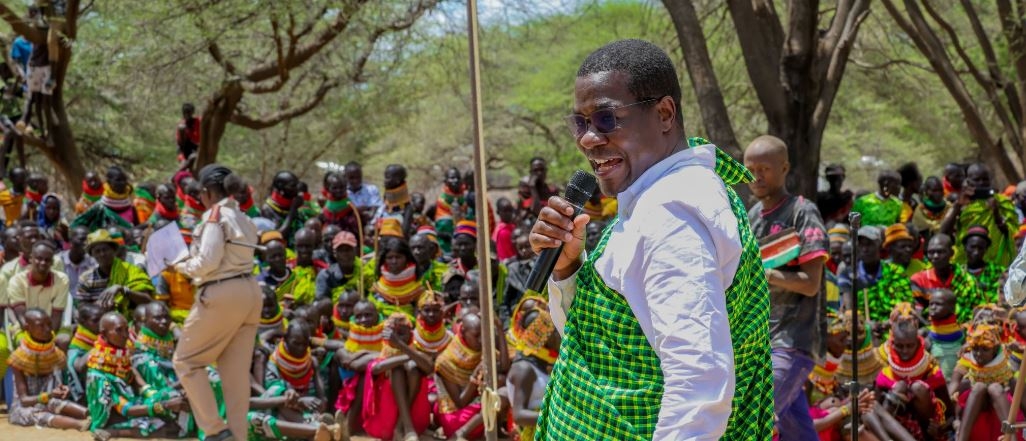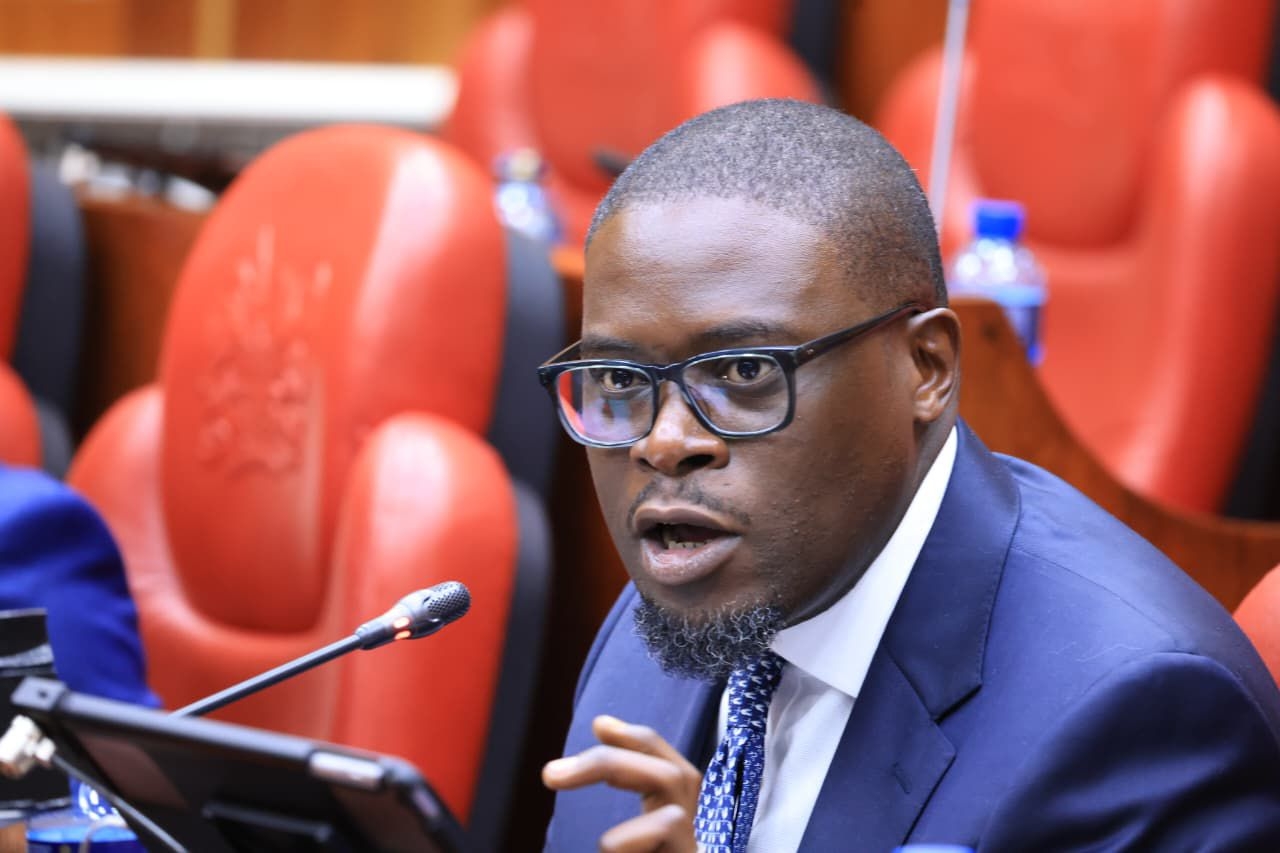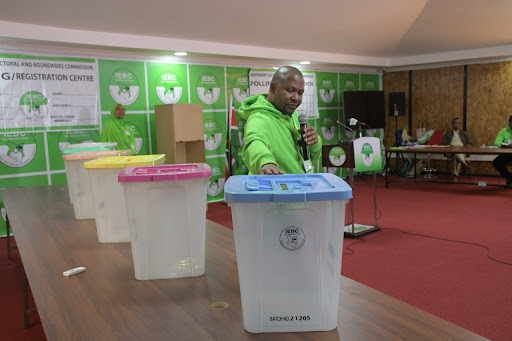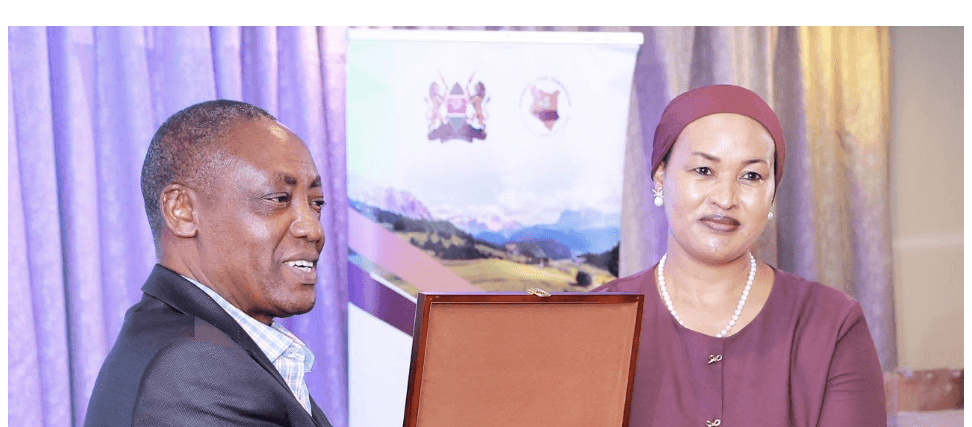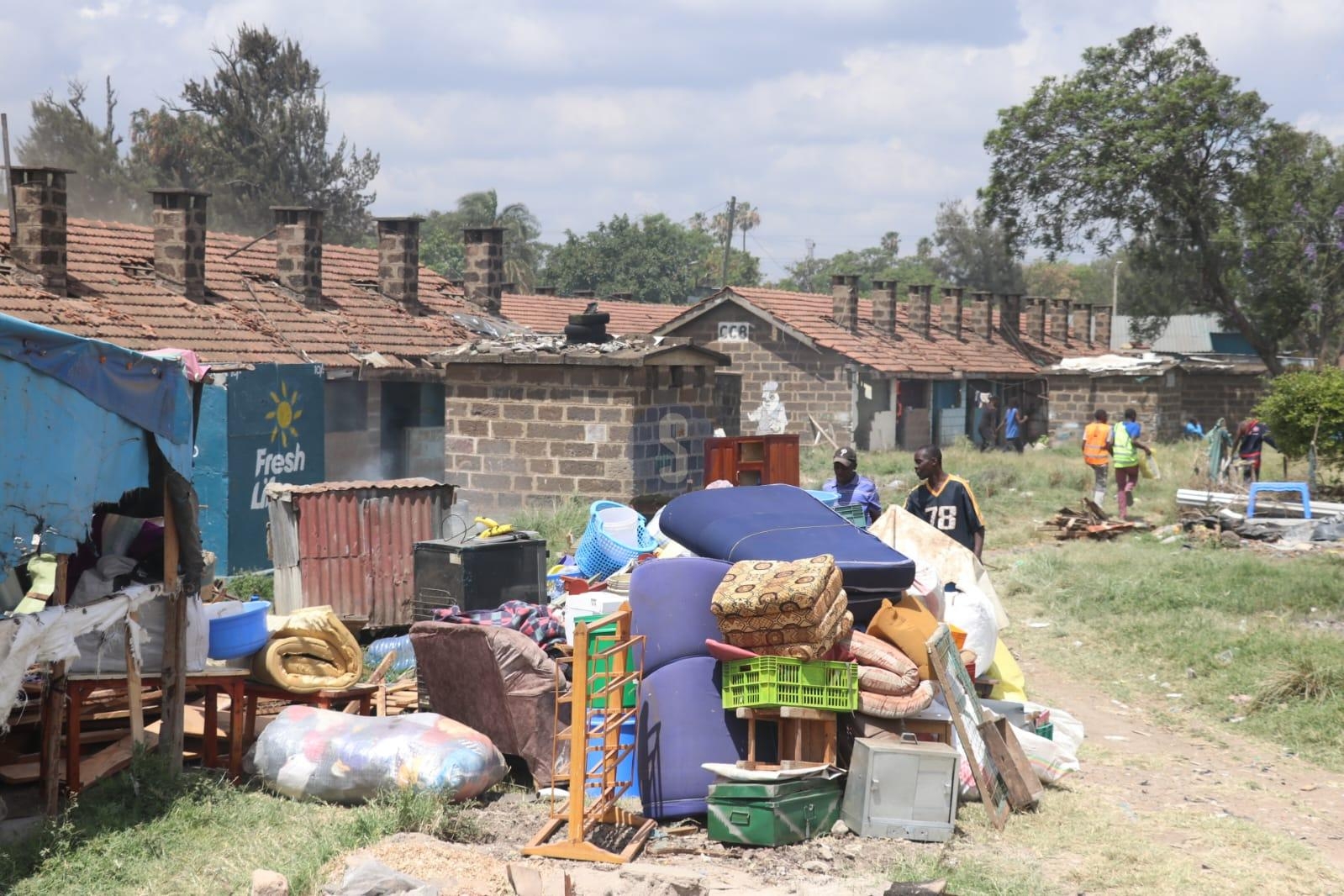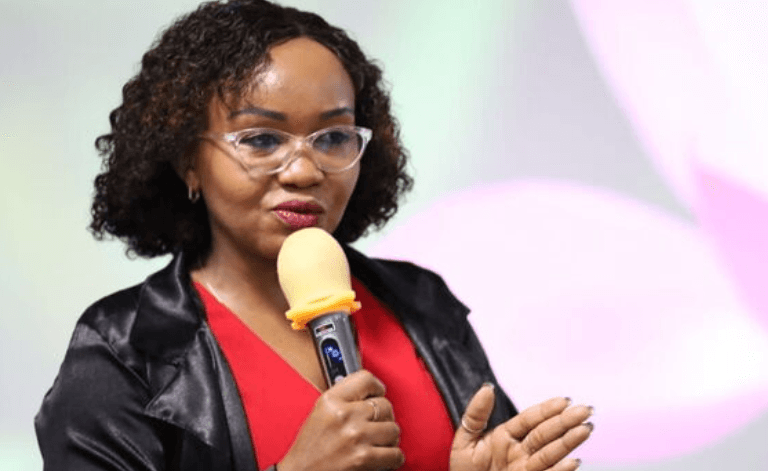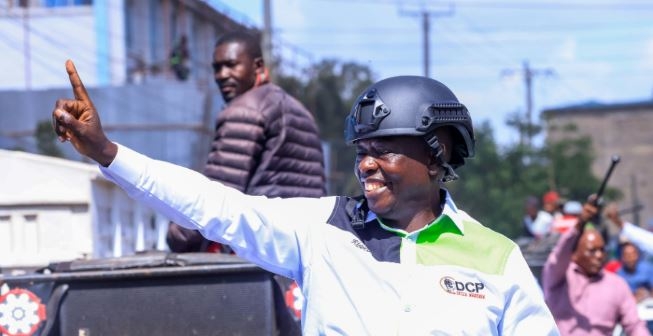When she was about seven years old, Neema Warrakah used to sit before a fire place listening to her grandmother tell a ‘fairy tale’ of a woman who had super powers and who did not have the fear gene.
At least that is what she thought.
She used to look forward to night-time, when her grandmother would call her, ask her to help her cook for the whole family, and while at it, she would listen to the captivating tales of Mekatili wa Menza.
In hindsight, she thought, the stories would have made Marvel want to produce an Oscar-winning sci-fi thriller.
But in truth, this setting was a remote village in Kwale county, where the only recording was by human eyes and memory, and the smoke signal was the most advanced communication technology.
“I loved to hear her [Mekatilili’s] story because I found it very inspiring. I found her adventures very interesting and somehow I wanted to be like her in some way,” Warrakah says. A perfectionist by nature, she knew one day she would have to do something that would make her a heroine just like her newfound idol.
“It has been a thrilling experience writing this novel because I have discovered so much,” she says.
“These are things that were not recorded because we were depending on the British. So, many people wrote only what was written but the truth is there is so much that happened and there was so much struggle in between.”
In her double journey of discovery and adventure, she experienced a reawakening that revamped in her the importance of cultural identity.
Empress of Revolt is not the first book she has written about Mekatilili.
“In 2022, I wrote a book about Mekatilili. I wrote it according to the facts that I was reading from other sources and when I looked at it, there was a lot of contradiction,” Warrakah says.
She named the book ‘The Fight of Mekatilili for Freedom’ but it was never published because, according to her, she did not feel it.
It took her a year to complete.
“Something was telling me to go to where Mekatlili was born, where she stepped her feet, where her people and her descendants are and get the feel of it,” she says.
“I cannot explain what was pushing me to go there but it was the best thing that I did.”
She had to honour the Giriama heroine by travelling to Mutsara wa Tsatu in Bamba, Ganze subcounty, in Kilifi county, and finding out from those who were there and could have seen it all.
“I had to go walk on the ground that she walked on, pray in the forests she prayed in, feel the air she felt and feel the texture of the ground she walked on,” Warrakah says.
Empress of Revolt may be the first novel she published, but it is not the first book she has written and published.
She has written children’s books out of the love for reading and writing that she acquired while a little girl, inspired by her grandmother’s tales.
Born in Mombasa in the early 1980s, Warrakah lived most of her first 15 years in Mombasa with her mother. She cherished the holidays when she would go to Kwale to visit her grandmother.
“Once in a while my father used to visit because he used to live in Nairobi. My father was Captain Gakweli Warrakah (deceased),” she reminisces.
“I went to St Augustine’s Preparatory School because my father was keen on education. He always wanted to get the best for me.”
“From my mother, I’m the only child and I think this helped me build relationships with very many people. I got to make friends and live among other children, which was not really happening at home,” Warrakah says.
She loved reading and used to go to the Kenya National Library to read and borrow books.
“For me reading was one kind of entertainment and somewhere I could escape to have my own fantasies,” she says.
She was admitted to Mama Ngina Secondary School but by that time, her mother had travelled to Germany and her father would not allow her to stay in Mombasa alone.
She went to Loreto Msongari, a day school, which she found hectic because she had been used to the boarding school life at St Augustine’s, from Standard 4 to 8.
Warrakah was then transferred to St Lucy Kiriri, a relatively new school at the time.
After high school, she took a trip to Germany where it took her a while to adjust due to the weather and language.
She enrolled in a medical school, against her own wish, which was to be an interior designer or architect.
“In Germany there were few medics. So when I went to look for a course I wanted to do, I was told I could not because of my poor language skills at that time,” she says.
One woman told her courses like architecture and interior design are preserved for Germans as first priority, other Europeans as second priority, Americans as third priority, and other countries and continents.
“Then lastly the Third World countries and Africa are considered last for the course,” she says.
The woman then suggested the medical field, where they really needed personnel.
“So, it wasn’t in my plan but I really needed to go to college, so I accepted it,” she says.
So she studied nursing.
“So I did the course and because I like helping people–seeing that I have made someone’s day better gives me a sense of fulfilment-I started enjoying the course and eventually went into psychiatry after medical aesthetics,” she says.
“During the corona period, medical aesthetics was not active. Then I went to psychiatry. Working in psychiatry has taught me a lot, to understand the human being.”
For her love of writing, she had a bizarre answer during her graduation when she was asked where she saw herself in the next five years.
“My answer was, ‘I see myself as an author’,” she says.
At that moment, she had no idea what she would write about but it was her passion.
She says not many Africans write.
“We need to write more. Many of us do not care about writing so we easily forget about our past.”
She calls on Kenyan historians to not entirely depend on literature written by foreigners to tell their past.
“This information may be biased and may lack crucial bits of information that would make sense out of seemingly senseless things. I would encourage historians to go deeper when scavenging for information,” she says.
Warrakah says it is important to know one’s history to get a glimpse of their future.
“People should know their history, culture and traditions. It is what makes one who they are,” she says.
Kenya, she says, has a lot to offer in terms of cultural heritage.
“Everyone in Kenya has a responsibility to stick to their culture. Unfortunately, there is this thing they call civilisation, which has been taken out of context and now everybody wants to forget their roots,” she says.





